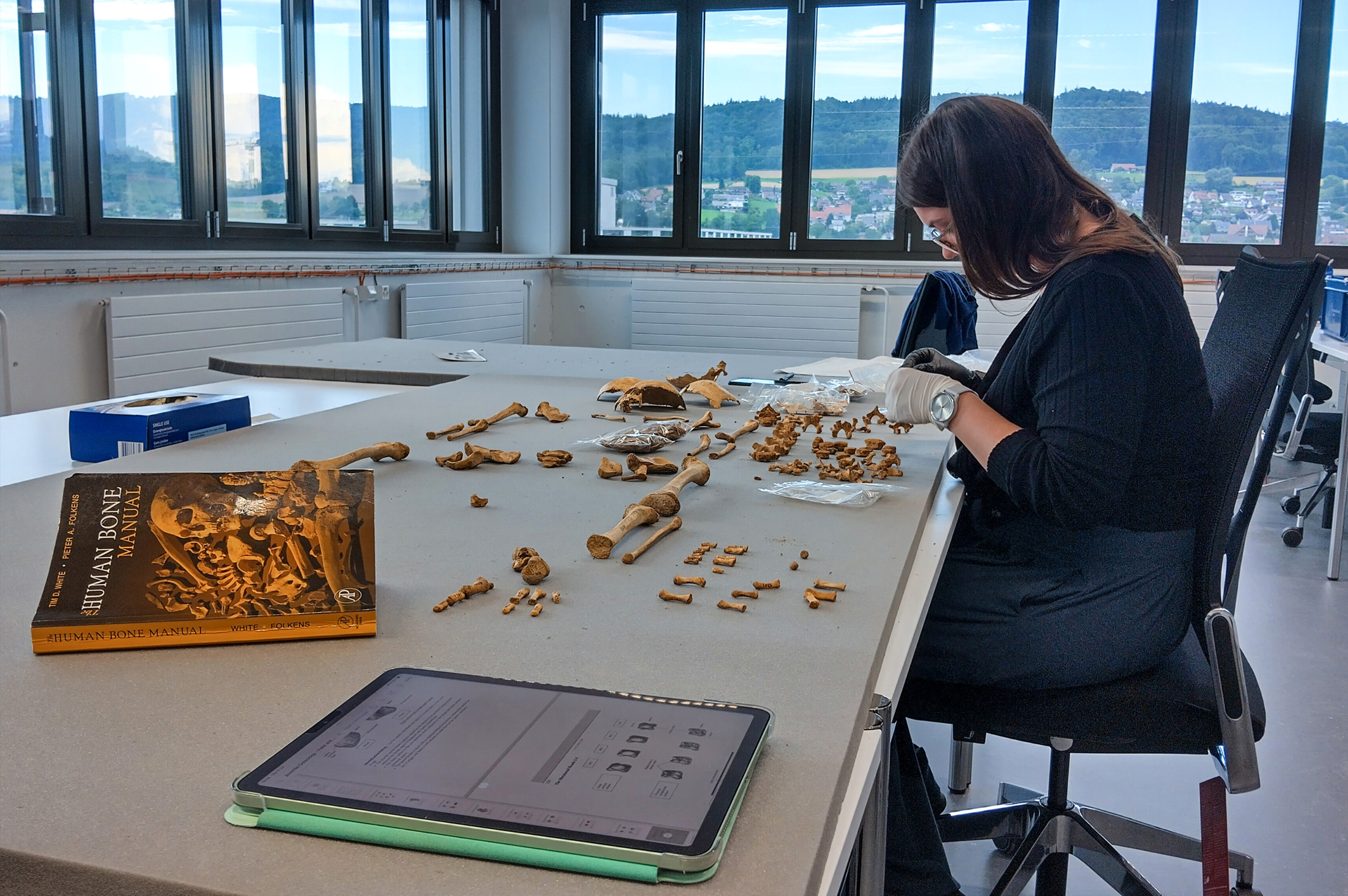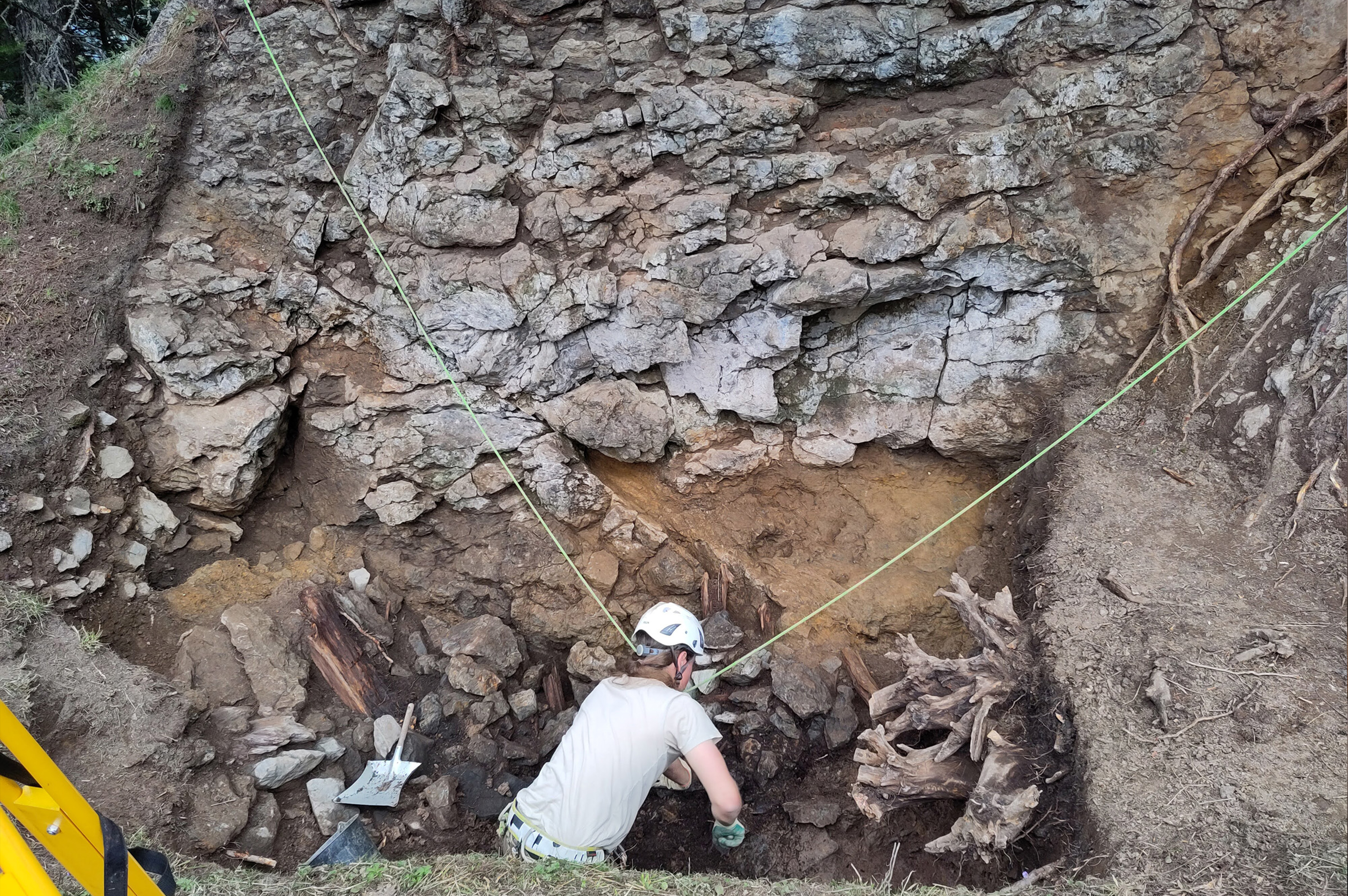Prehistoric Archaeology Division
Profile
Mission Statement
As a discipline, prehistoric archaeology studies the history of civilization. It examines archaeological sources – digs, finds, and contexts – from the beginnings of humanity through to the Early Middle Ages. Adopting a European bias, our Division teaches and researches across the full range of the subject.
Teaching concentrates on the archaeology of settlements, economy, and society, on human ecology, on materials science and archaeometry, and on methodology and theory. Research focuses on the early history of the Alps, the archaeology of the Adriatic, and on the Metal Ages in Europe, while other specialist groups are active in Stone Age archaeology, archaeobiology, and experimental archaeology.
As archaeologists, we are committed to upholding international guidelines on the handling of witnesses of the past, specifically the Malta Convention and the Codes of Practice of the European Association of Archaeologists (EAA).
Research
Focus
The chair's research focus is on the development of theory and methodology, as well as on the cultural history of the European Metal Ages (Copper Age to Roman period). Within these fields, particular attention is devoted to the early history and human ecology of the Alps and their foothills, as well as the northern Mediterranean, and to comparative archaeology in an international and non-European context. Our aim is to pursue current, innovative, relevant, networked, and interdisciplinary research at the very highest standard. Close ties between research and teaching are one of the hallmarks of our work.
Downloads
Latest annual report (2023/24) (PDF, 5 MB)
Contact
Teaching
Syllabus
As a field of study, prehistoric archaeology concerns the archaeological sources and the reconstruction of Europe's unwritten past. It extends from the beginnings of human culture (the Paleolithic period), through the later Stone and Metal Ages (Neolithic period, Copper Age, Bronze Age, Iron Age) to the Roman period and Late Middle Ages.
The discipline is distinct both geographically and methodologically from other fields of archaeology such as the classical archaeology of Ancient Greece and Rome, Egyptology, or the archaeology of the Middle Ages. In Zurich, teaching covers methodologies and theories, sources, and practical aspects.
Prehistoric archaeology studies the history of civilization, drawing heavily on social and natural sciences. It offers a broad, interdisciplinary setting that encompasses economic and social history, sociology, ethnology, history of art and architecture, linguistic research, environmental sciences, geology, geography, anthropology, archaeobiology, archaeometry, experimental archaeology, IT, and the management of cultural heritage. The opportunities for combining prehistoric archaeology with other subjects, as well as for pursuing additional study and training, are correspondingly varied.
People
- Academic Staff (in German)
- Administrative Staff (in German)
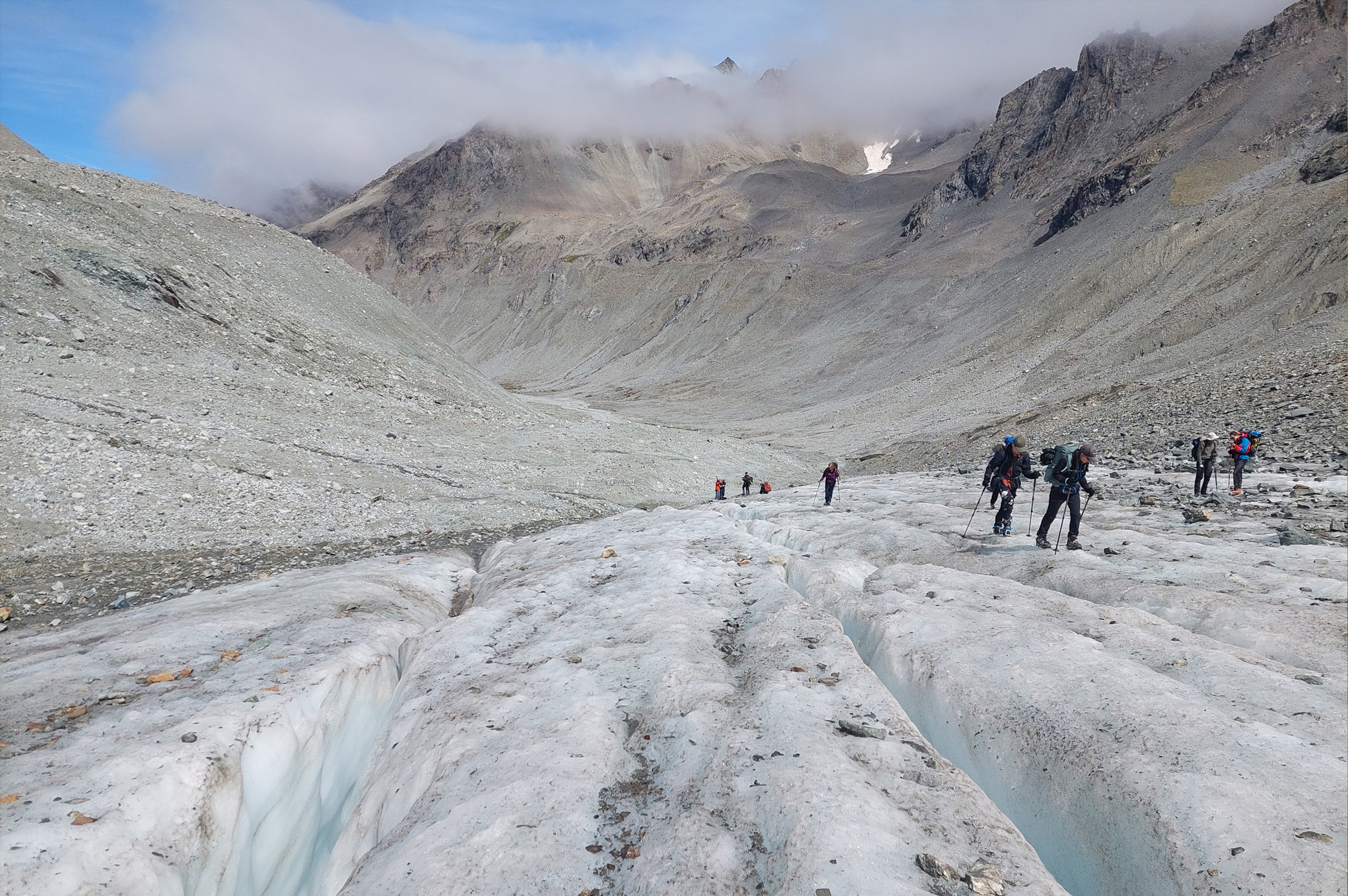
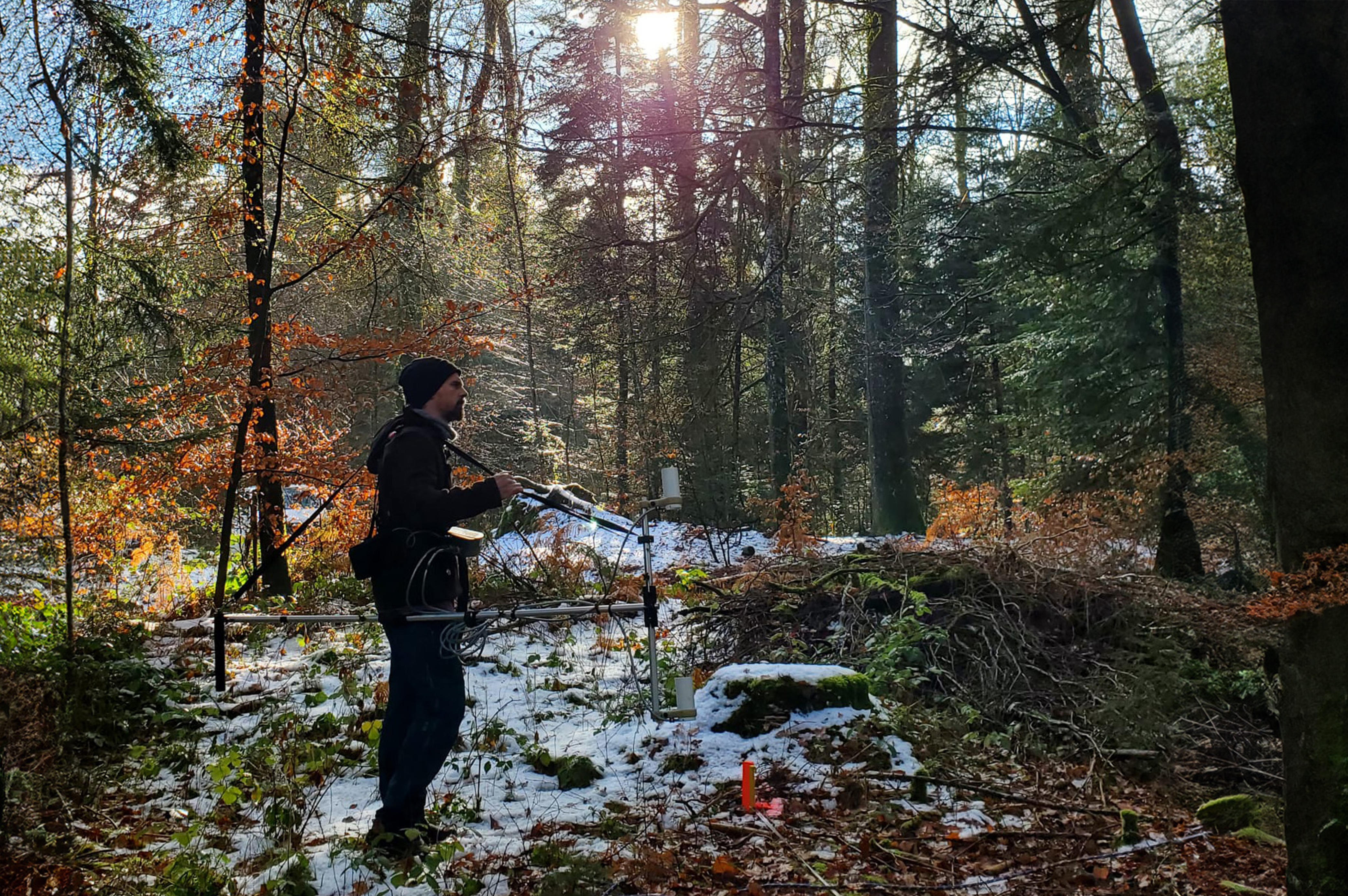
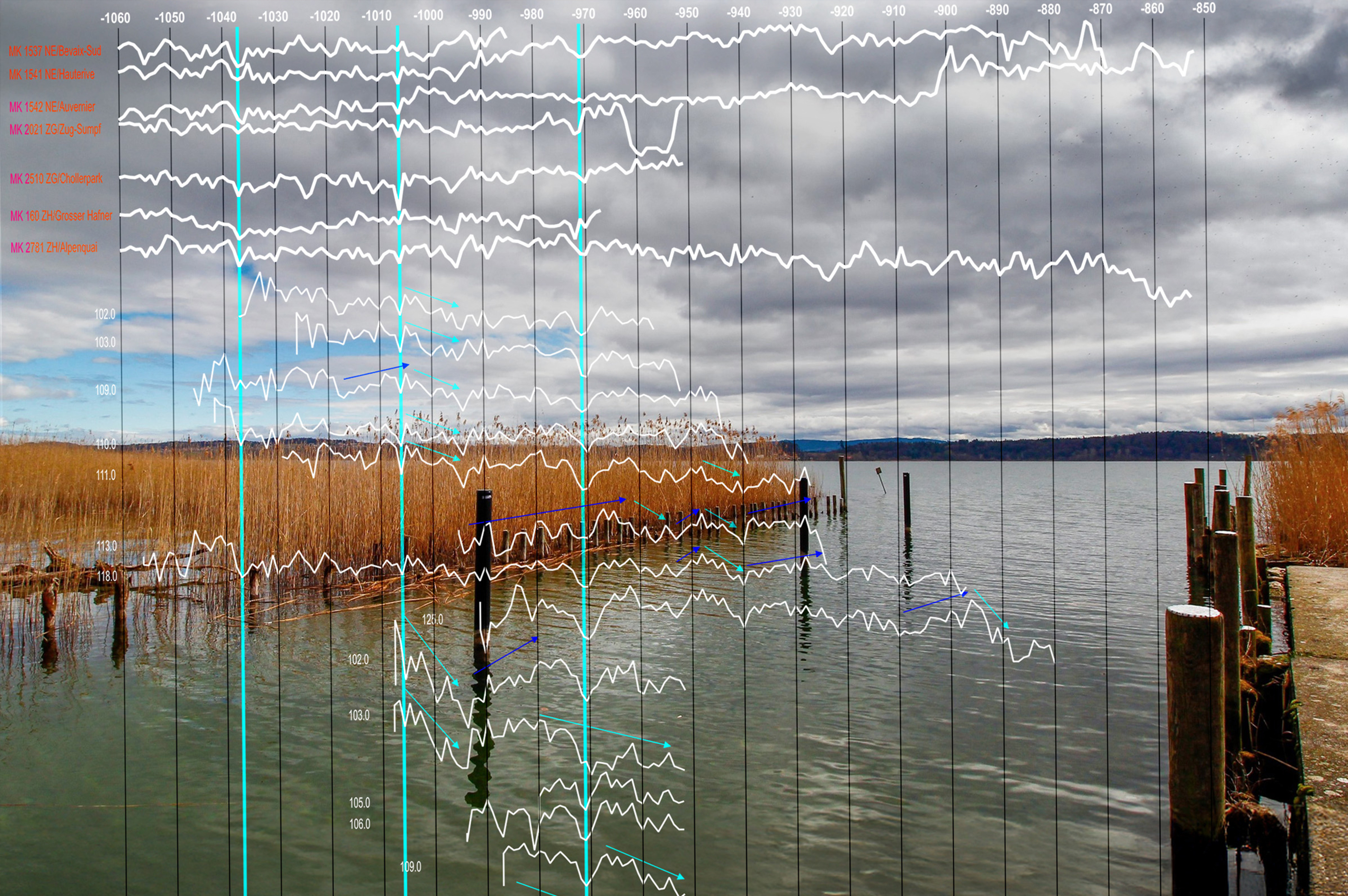
.jpg)
